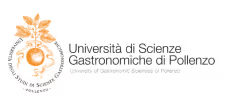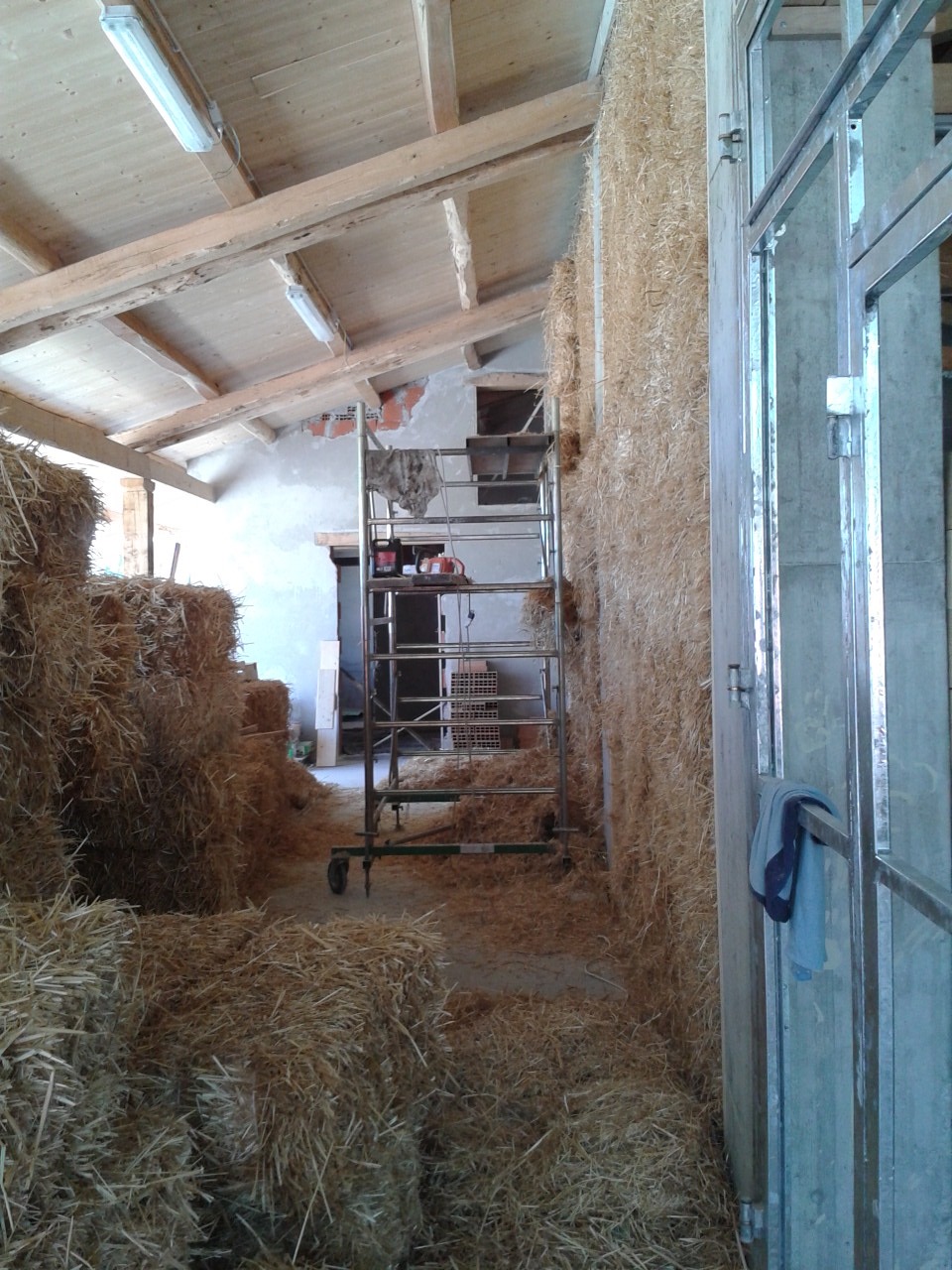For us, wine is a means to reach people's homes, tables and hearts, a way of transmitting our philosophy.
● Apply a 360° ecological production systemand be sustainable not only in the content, but also in the 'containers'
● Energy savings and therefore also of economic expenditure
The warehouse where the approx. 120,000 bottles produced per year are kept was self-built in green building, using for three walls the raw earth from the excavations and the straw from the fields cultivated by the cooperative, while the containment side is made of reinforced concrete.
The idea of building the room from scratch with this technique was born following the experience of the workshop building the “straw house”, used as a guesthouse, led by the architect Rodrigo Munhoz. The natural insulation offered by these materials makes it possible to maintain optimal temperatures for storing wines, without resorting to the use of energy-intensive air conditioners.
The development of the warehouse was coordinated and conducted by the engineer Alessandro Pasqualotto, a member of the cooperative.
In other workplaces, the commitment to avoid and reduce the waste of resources is divided into the choices of:
● use of natural sources, such as photovoltaic, to power cellar machinery;
● reuse the water used for washing, after decanting in tanks, for irrigating the garden and treating the vineyard.





.jpeg)
.jpeg)

